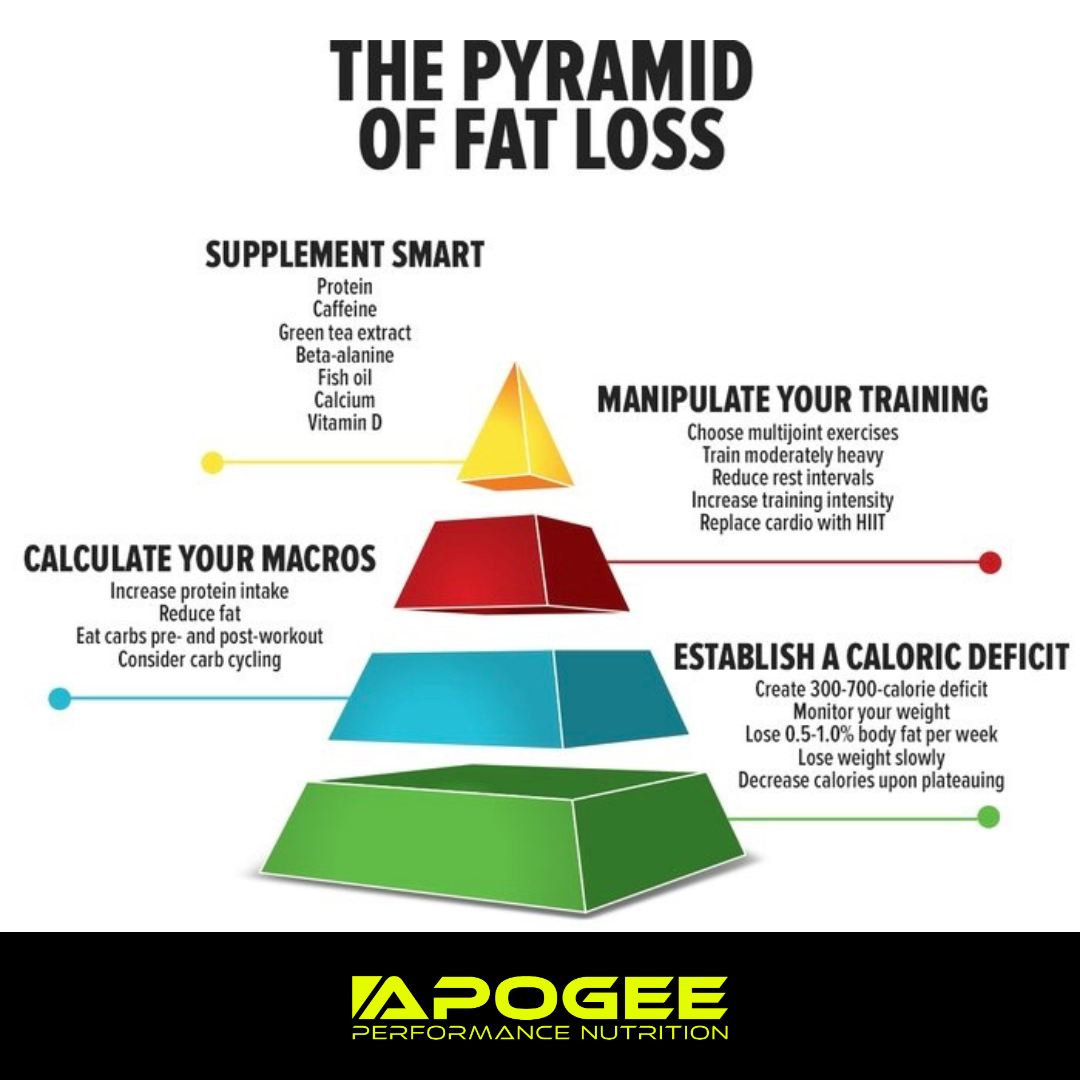
The Objective Truth: Why You're Not Losing Weight
Share
Why You're Not Losing Weight
**Note**: I often use the term “eating less” for simplicity. This can also be interpreted as “moving more.” The key is ensuring your energy expenditure surpasses your energy intake.
1. Your Fat Loss Is Invisible
Weight is a rough indicator of fat loss, but it's not flawless. It fluctuates due to water retention, which can mask fat loss. To get the most accurate measurement, weigh yourself in minimal clothing, on an empty stomach, and after using the bathroom.
Focus on weekly averages and trends rather than individual weigh-ins. Daily weight fluctuations are normal, influenced by water retention, training intensity, stress, and sleep quality. More frequent weigh-ins provide a more accurate average. Some clients weigh themselves daily, but if this is stressful, aim for 3-4 times per week, with 2 as the minimum. Compare weekly averages to track progress.
For women, the menstrual cycle complicates weight tracking. Body weight varies across the cycle's four phases. Awareness of these fluctuations helps in interpreting weigh-ins. Compare weekly averages within the same phase of different cycles if necessary.
Ultimately, if weight isn't dropping, you might not be losing fat. If you’re unsure, assume no fat loss and reduce intake. This approach may lead to a more aggressive diet than needed. Alternatively, wait longer for results to avoid unnecessary calorie cuts, knowing it might waste time.

2. You're Tracking Incorrectly
Newcomers to tracking often misreport their intake unintentionally. This includes misreading labels, forgetting snacks, or misjudging portion sizes. Even experienced dieters can make errors.
For example, consider peanut butter portions. A small misjudgment can significantly impact calorie counts. Studies show common under-reporting of calorie intake by hundreds of calories daily, even among dietitians. Eating out further complicates tracking, as restaurant and packaged foods often contain more calories than listed.

Accurate tracking requires mindfulness and skepticism of one’s own logging accuracy. Misreporting is a frequent cause of stagnant weight loss.
3. You're Not Being Compliant
Non-compliance often involves untracked snacks or off-plan eating. Small snacks can accumulate, erasing a caloric deficit. Avoiding snacks or pre-tracking them can help.
Off-plan eating, including weekend overeating, is another issue. Binging is particularly problematic and may require medical attention if frequent. Weekend indulgences can negate weekday deficits, impeding weight loss.
Consistency is key. Ensure average caloric intake matches your goals before lowering intake further.

4. You Need A Lower Food Intake
If you’re compliant and tracking accurately but not losing weight, your intake may still be too high. Caloric needs are estimated and can be incorrect. Lower body weight and fat loss reduce energy requirements, necessitating fewer calories. Basal metabolic rate (BMR) and non-exercise activity thermogenesis (NEAT) also adapt, reducing energy expenditure.
Individual variance in metabolism and NEAT is significant. Weight loss requires ensuring a caloric deficit, often needing intake adjustments despite perceived low calories.

5. Medical Conditions
Certain medical conditions and medications can hinder weight loss, such as hypothyroidism and polycystic ovary syndrome (PCOS). Medications like antipsychotics, antiepileptics, antidepressants, and birth control can also affect weight.
If you suspect a medical issue, consult your doctor. Treatment or medication adjustments can help. However, most weight loss issues are due to mistracking rather than medical conditions.
Weight loss plateaus are frustrating. Identifying the cause allows for effective adjustments. Stay calm, evaluate your habits, and implement necessary changes to achieve your goals.
